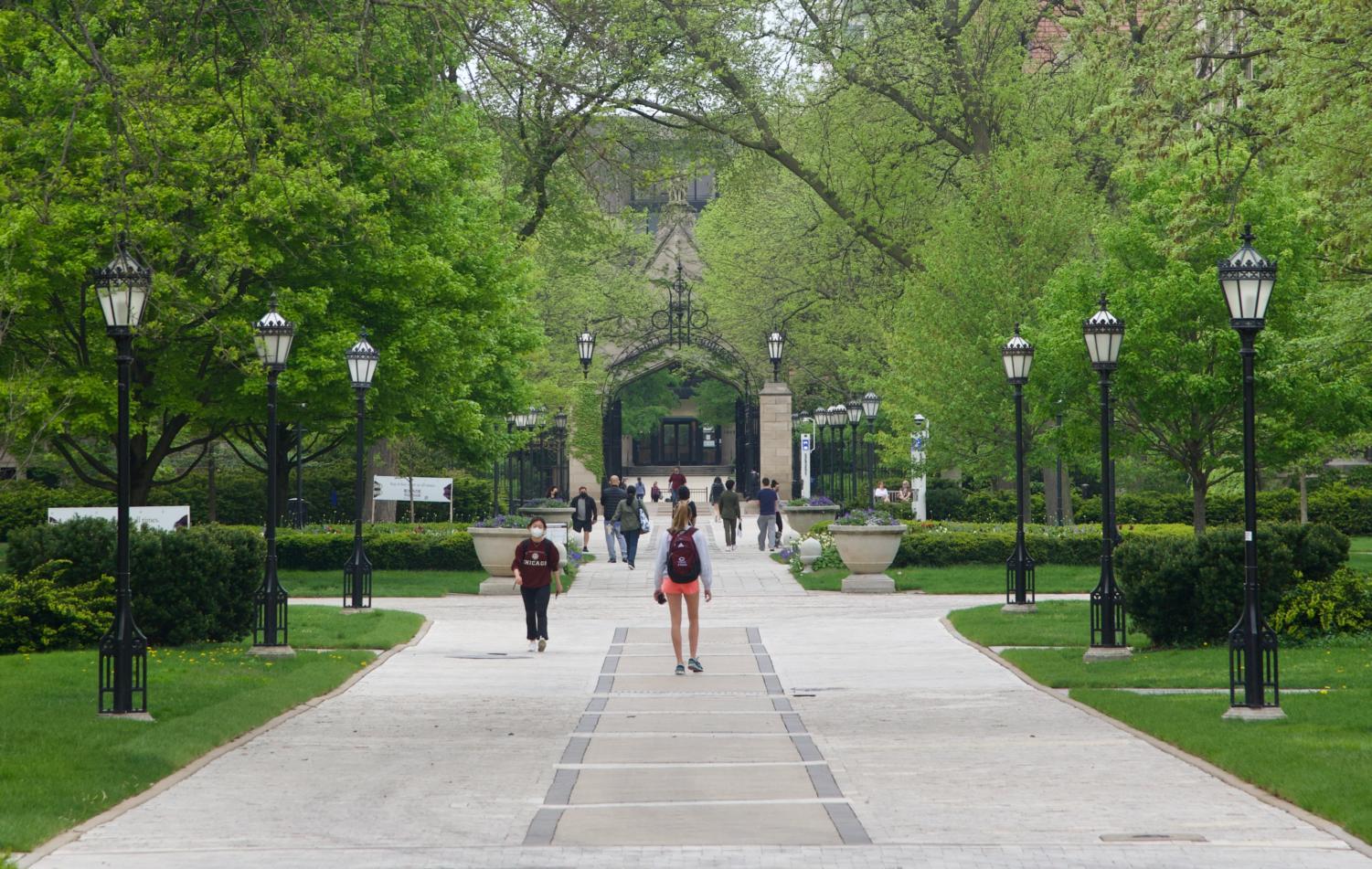
The U.S. Department of Justice (DoJ) announced in an April 11 press release that the state of Illinois and several educational institutions, including UChicago, had suspended participation in a state-run scholarship program for minority students pursuing graduate degrees. In a statement to the Maroon, the University said it has not participated in the program since 2023.
In the release, the DoJ said an unspecified scholarship program had “unconstitutionally discriminated on the basis of race in violation of the Fourteenth Amendment,” citing the Supreme Court’s 2023 decision in Students for Fair Admissions, Inc. v. President and Fellow of Harvard College.
Multiple Chicago-area institutions, including the University of Chicago, Northwestern University, and Loyola University of Chicago, “informed the Justice Department that they had ended their participation in the program” after being notified of the DoJ’s findings, the press release stated.
The DoJ did not respond to a request for comment.
A UChicago spokesperson confirmed to the Maroon that the program in question was the Diversifying Higher Education Faculty in Illinois program (DFI).
“In 2023, the University informed the program’s administrators that it would no longer be accepting new fellows,” the spokesperson wrote in the statement to the Maroon.
The DoJ’s actions to end the DFI initiative are part of a wave of anti-DEI actions directed at higher education by the Trump administration.
In February, the Department of Education distributed a letter to colleges and universities instructing them to end DEI programs and policies or risk losing federal funding. Last month, the University of Chicago became one of 45 schools under investigation by the Department for violations of Title VI of the Civil Rights Act, which prohibits race-based discrimination in programs receiving federal financial assistance.
DFI was established in 2004 to diversify tenure-track faculty at Illinois institutions of higher education. The program offers up to four years of need-based financial aid for minority students pursuing graduate degrees, with the condition that fellows must agree to accept a teaching or staff position at an Illinois institution of higher education or an education-related position in a state agency after they receive their degree.
Before the program began, African-American faculty made up 5 percent and Latino faculty 2 percent of all faculty at Illinois institutions of higher education, according to a 2003 report from the Illinois Board of Higher Education (IBHE), which oversaw the DFI program.
“For underrepresented students, in particular, a diverse faculty creates a more welcome campus climate and provides increased opportunities for students to find mentors who can also serve as role models,” the report said.
The IBHE did not respond to a request for comment.
In 2022, ABC7 reported that the percentage of non-white faculty still lagged behind the percentage of non-white students at multiple Chicago-area universities, including Northwestern University, the University of Illinois Chicago (UIC), and Loyola University of Chicago. For instance, while roughly 57 percent of UIC’s students were non-white, people of color accounted for only 33 percent of faculty. The University of Chicago declined to share faculty demographics with ABC7.
From 2021 to 2023, a total of ten DFI graduate fellows in fields including political science, social work, anthropology, Middle Eastern studies, and cinema and media studies studied at the University of Chicago, according to the IBHE website.
Your support will ensure that we can continue producing powerful, honest, and accessible reporting that serves the University of Chicago and Hyde Park communities.
Your email address will not be published.

Recent Comments